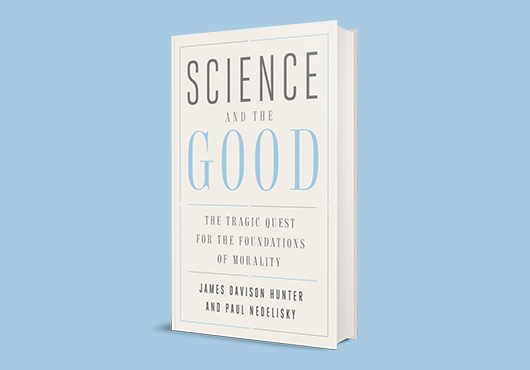Some readers may have noticed changes in the HMS Bioethics Journal of late; most visibly, we are publishing an increasing number of longer and more thoroughly researched articles. The editorial team and I have spent the last year developing and refining our plans for the publication. Before enumerating those changes, as the new executive editor of the journal, I’d like to say a bit about our mission and goals.
Bioethics is a small, technical field, little-known to those outside the profession. It is also charged with addressing issues of immense importance, both to individuals and society at large. While taught in universities and at medical schools, this work far from confined to the ivory tower. Clinical ethicists have a profound impact on the most contentions and troubling cases that arise in medical care. While some research ethicists interpret, implement, and oversee research and clinical trials in biomedicine and other life sciences, others provide the oversight thereof as members of IRBs and regulatory agencies. Bioethics lawyers, scholars, and analysts draft, review, and challenge health policy at all scales, from the design of unit-level hospital policies and procedures to the state government and federal legislation. Still others work beyond the corridors of power as advocates or critics. All the while, academics, clinicians, and other bioethics experts are called to testify in court proceedings. All of this contributes to the progression of our society’s normative stance, or stances, on the ethical issues in medicine, research, and more.
Yes— the readers here all know this; what does it have to do with the journal? Simply put, the aforementioned machine has an impact that far exceeds what people know if it and its machinations. Within bioethics we take it as axiomatic that people have a right to be informed about the things that affect them. But as an ethical principle, this is true not just in healthcare, but in life; it is therefore a central part of our mission that the HMS Bioethics Journal is open-access, imposing neither publication embargos nor charging authors publication fees. As such, we are members of a disproportionately small cadre of publications truly available to the public, most of whom have no institutional library subscriptions.
Pacing this, the journal’s goal is to broadly disseminate the work of bioethics to those affected by it. In an age where echo chambers proliferate, we endeavor to reach beyond those familiar, across borders, be they professional, social, or geographic. To successfully achieve this, our search for members of our editorial board has been international in scope, to match the audience we seek to serve. The board will work with the editorial team guide the journal as it continues to develop.
The changes in the articles being published, while visible, is truly the tip of the iceberg. Vast changes have been made behind the scenes, among them a new, two-stage peer-review process designed to help more members of the profession contribute to its literature. It works as follows. Submissions begin with being screened for fit and scope. Following that, manuscripts will proceed to technical review, in which on e or more members of the editorial team will review the manuscript and rate it according to a set of parameters indicative of high-quality work. Manuscripts that do not pass technical review but express an interesting idea or novel perspective will receive comments and be returned to the authors for revision. Once passed technical review, the manuscript is sent for external review, and a final set of comments is returned to the authors.
This system has been employed for several years at Pediatric Ethicscope, and has proven to have a number of advantages. First, because technical review is done in-house, authors get feedback on their work much quicker than is the case with manuscripts sent for external review. Second, the editors at the HMS Bioethics Journal are experienced with providing writing support, which a peer reviewer might not be, so authors generally get more feedback to aid their editing. Third, because no papers are sent to peer review before passing the technical stage, our reviewers are only tasked with reviewing already strong work. This has resulted in a greater focus on the ideas expressed as opposed to technical or other insufficiencies. Finally, by the time a manuscript has passed technical review, the author can be fairly sure the piece will be published; there has yet to be a case where a reviewer felt an article that passed technical review wasn’t suitable for publication.
In this way, our peer review process is more inclusive while still remaining equally rigorous to traditional processes. Over the next several weeks, we will begin publishing the full set of journal policies and procedures, so authors will be able to download the technical review form to evaluate their own work prior to submission. In general, the journal’s policies follow the International Committee of Medical Journal Editors Recommendations. These align with the Council of Science Editors White paper promoting integrity in scientific journal publications, and the Directory of Open Access Journals Best Practices Guide, which also guide our publication practices.
Having provided that information, I would like to welcome you to the new HMS Bioethics Journal, and encourage you to read Tim Furlan’s excellent introduction to this issue. Readers and potential authors can contact me with any questions about the journal at: bioethics@hms.harvard.edu.
Kind Regards,
Stowe Locke Teti, HEC-C
Core Faculty, Lecturer on Global Health and Social Medicine
Director, Writing Support Program
Executive Editor, HMS Bioethics Journal
Executive Editor, Pediatric Ethicscope
Center for Bioethics | Harvard Medical School
641 Huntington Avenue | Boston, MA 02115
Phone: 617.432.2570


